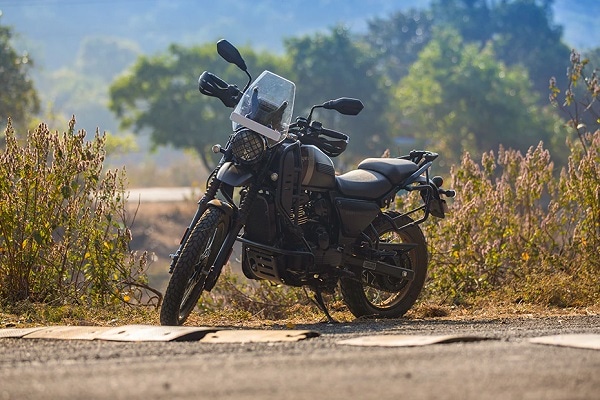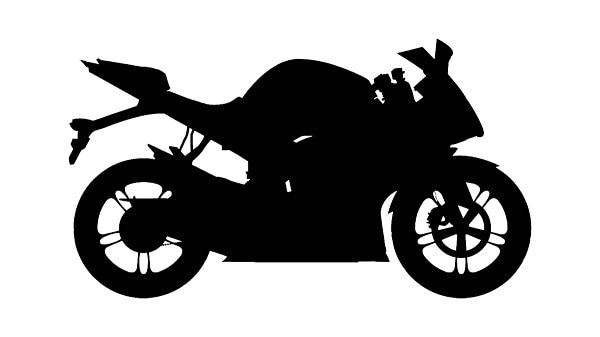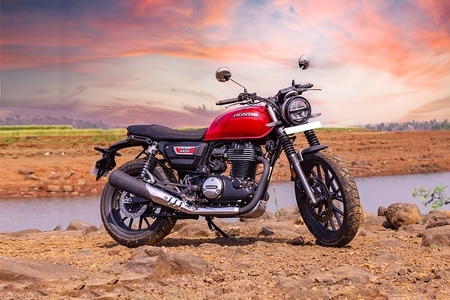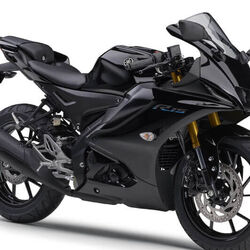Bikes, scooters are not sin good or luxury item, says FADA, seeking GST rate cut
- Two-wheelers in India currently attracts 28 per cent Goods and Services Tax (GST) which spikes up the ex-showroom price of the vehicles.
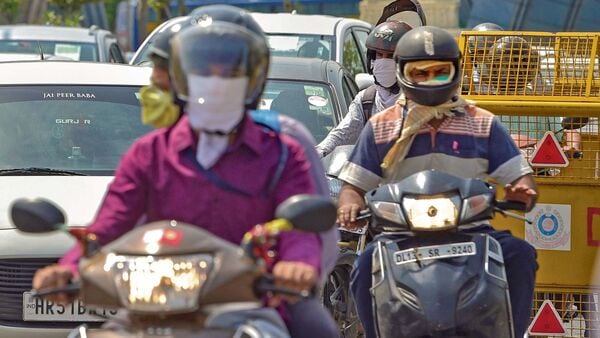

Automobile dealers' body FADA on Thursday sought a cut in GST on two-wheelers from 28 per cent to 18 per cent, saying the segment being essential for millions should not be categorised as luxury item. The industry body said it has appealed to the finance minister, chair of the GST Council, all GST Council members, the ministry of heavy industries, which supervises the automobile sector, and the ministry of road transport & highways.
This timely and decisive intervention would help in making two-wheelers more affordable, reviving demand and reinvigorating an industry that has seen a significant slump in sales over the past few years, the Federation of Automobile Dealers Associations (FADA) said in a statement. "The two-wheeler industry is at a critical juncture, grappling with unprecedented challenges such as rising inflation, stringent emission norms and the post Covid-19 effects. Now is the opportune moment for the GST Council to reduce the GST rate on two-wheelers, making them more accessible for the common man," FADA President Manish Raj Singhania said in a statement.
Also check these Bikes
The tax cut will provide the much-needed boost to the industry, help in generating employment opportunities and fostering India's overall economic growth, he added. Two-wheelers play a pivotal role in providing affordable mobility to a large segment of India's population, especially in rural areas where public transportation is sparse, the industry body stated. "FADA strongly asserts that two-wheelers, being essential for millions, should not be categorised as sin goods or luxury items for GST taxation purposes," it said.
FADA noted that over the past few years, the prices of various two-wheelers have risen significantly, impacting their affordability for consumers. This surge in prices can be attributed to multiple factors, including the rising cost of raw materials, stricter emission norms and higher taxes and levies, it said. Citing an example, it said the price of the popular Honda Activa has escalated from ₹52,000 in 2016 to ₹88,000 in 2023. Similarly, the Bajaj Pulsar has witnessed a substantial increase in price from ₹72,000 in 2016 to ₹1.5 lakh this year.
"The continuous rise in two-wheeler prices has consequently led to a decline in sales, emphasising the pressing need for intervention and GST rate reduction to restore the industry's growth trajectory," FADA stated. In 2016, two-wheelers accounted for 78 per cent of the total automobile sales in India. However, due to the continuous price increases since 2020, this contribution has fallen to 72 per cent in FY23, underlining the impact of the steep price hike, FADA said. "Lowering the GST rate will enhance the competitiveness of two-wheelers compared to other transportation modes, thereby increasing sales and revenue for the industry," it added.







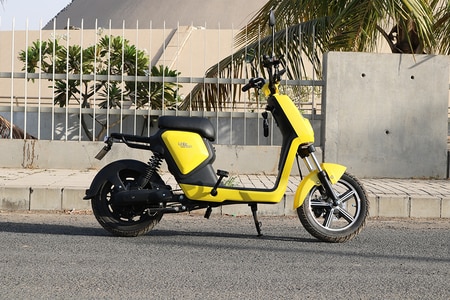
 60 km/charge
60 km/charge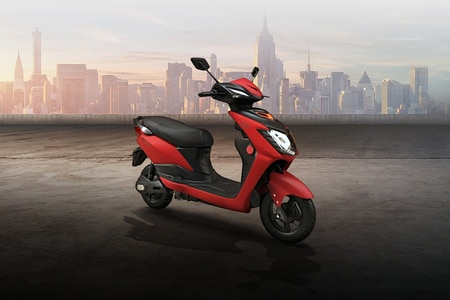
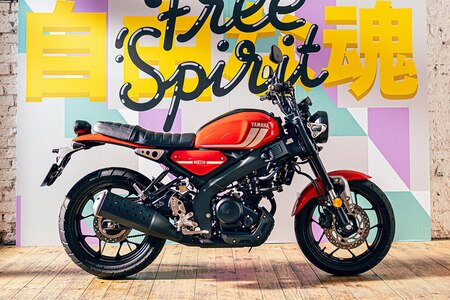
 124.0 cc
124.0 cc 47.6 kmpl
47.6 kmpl